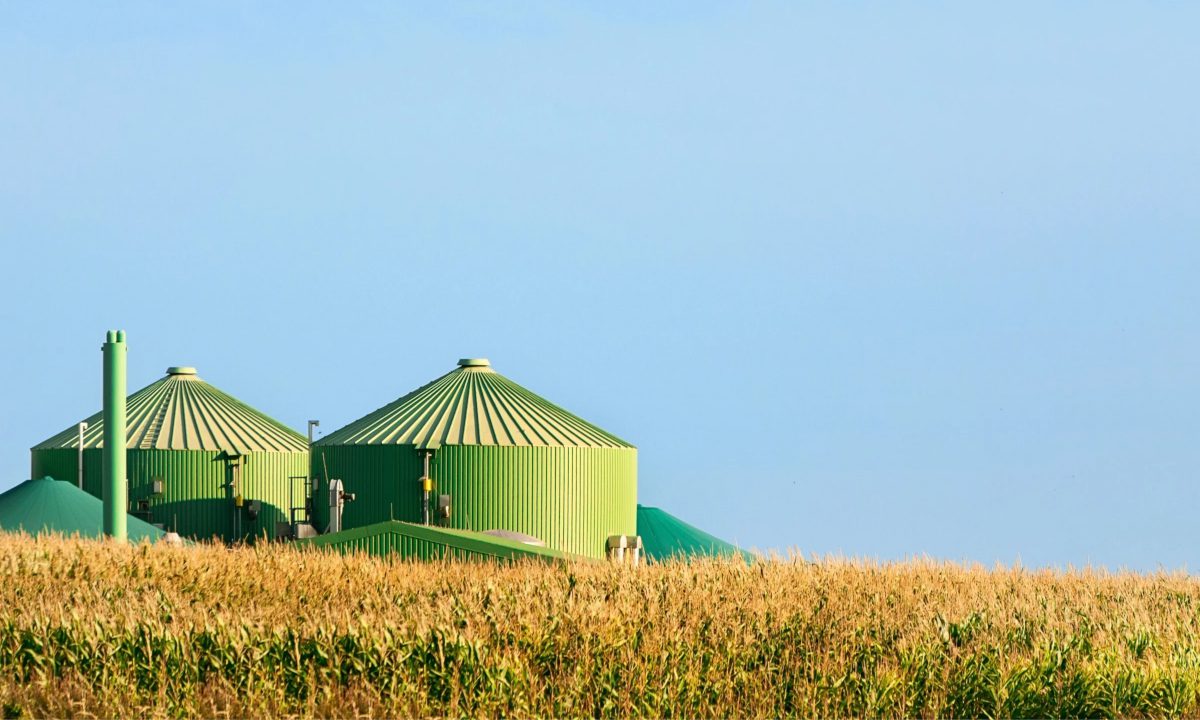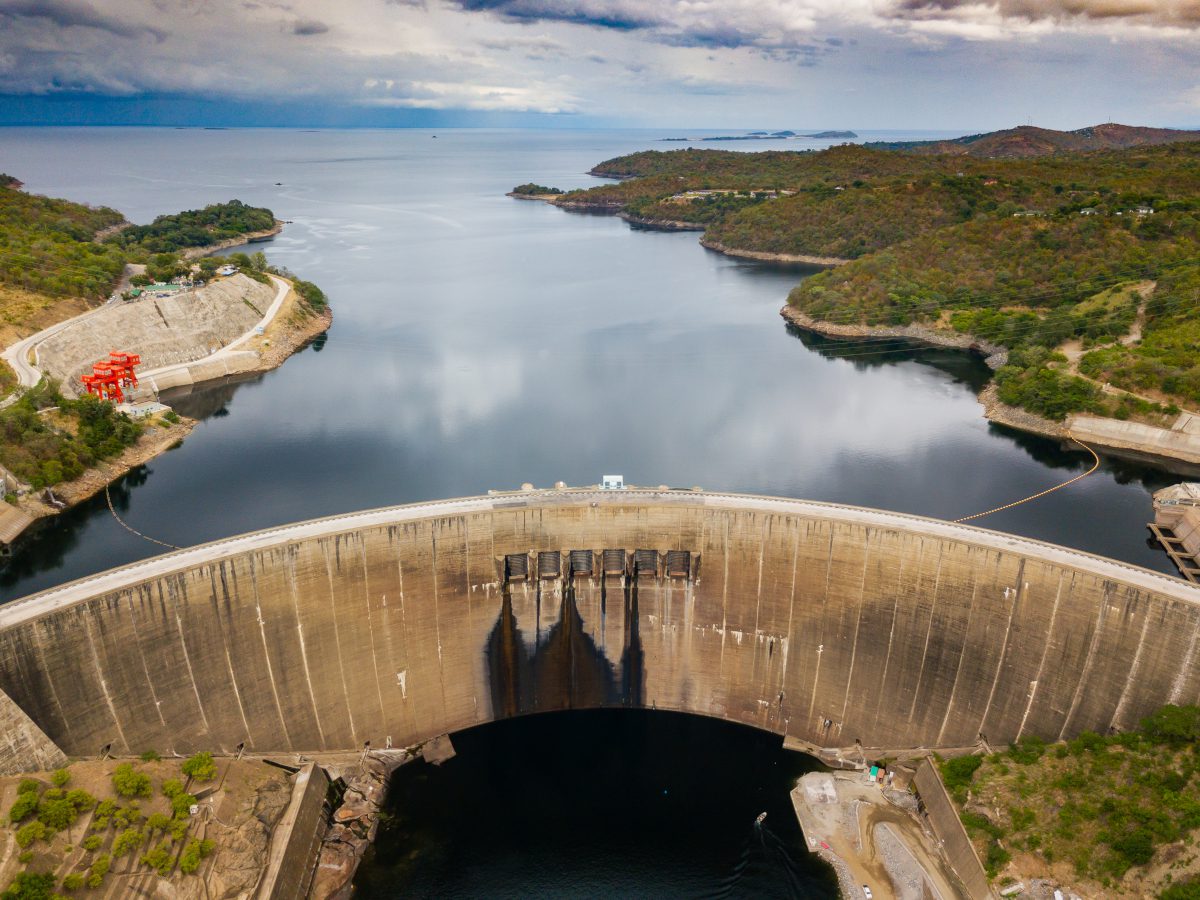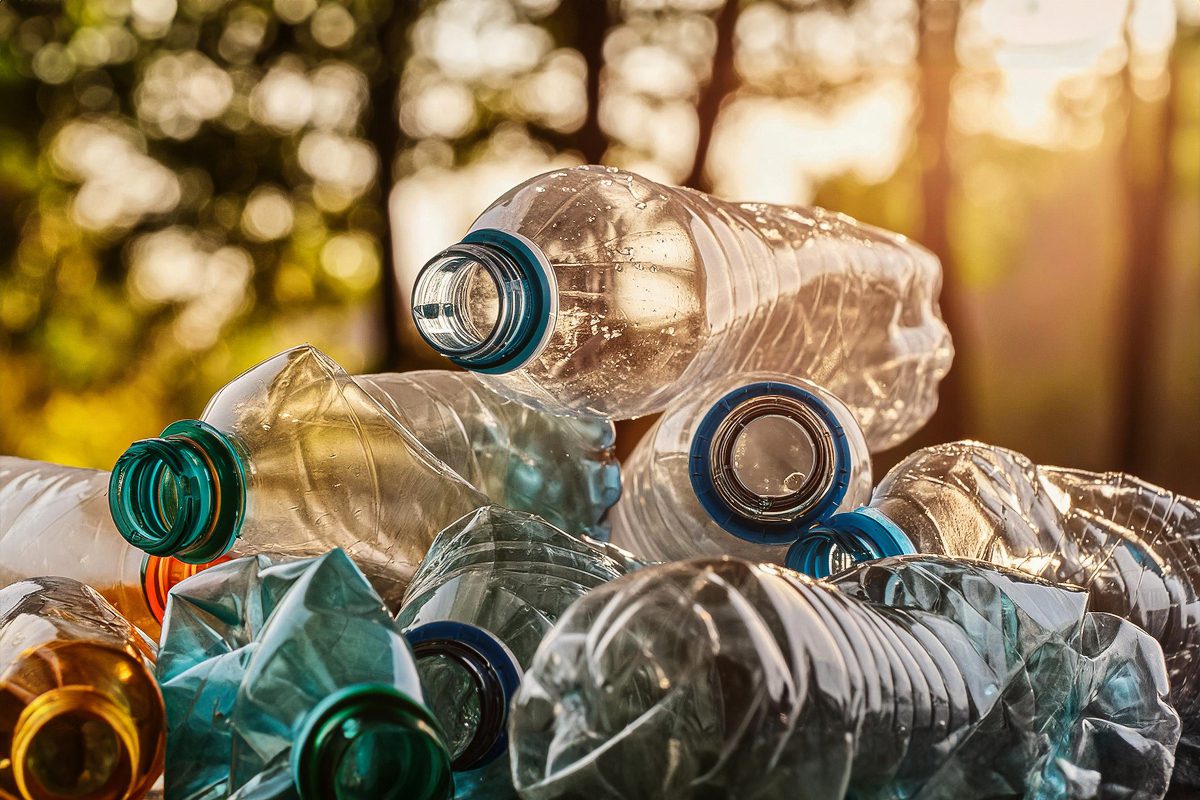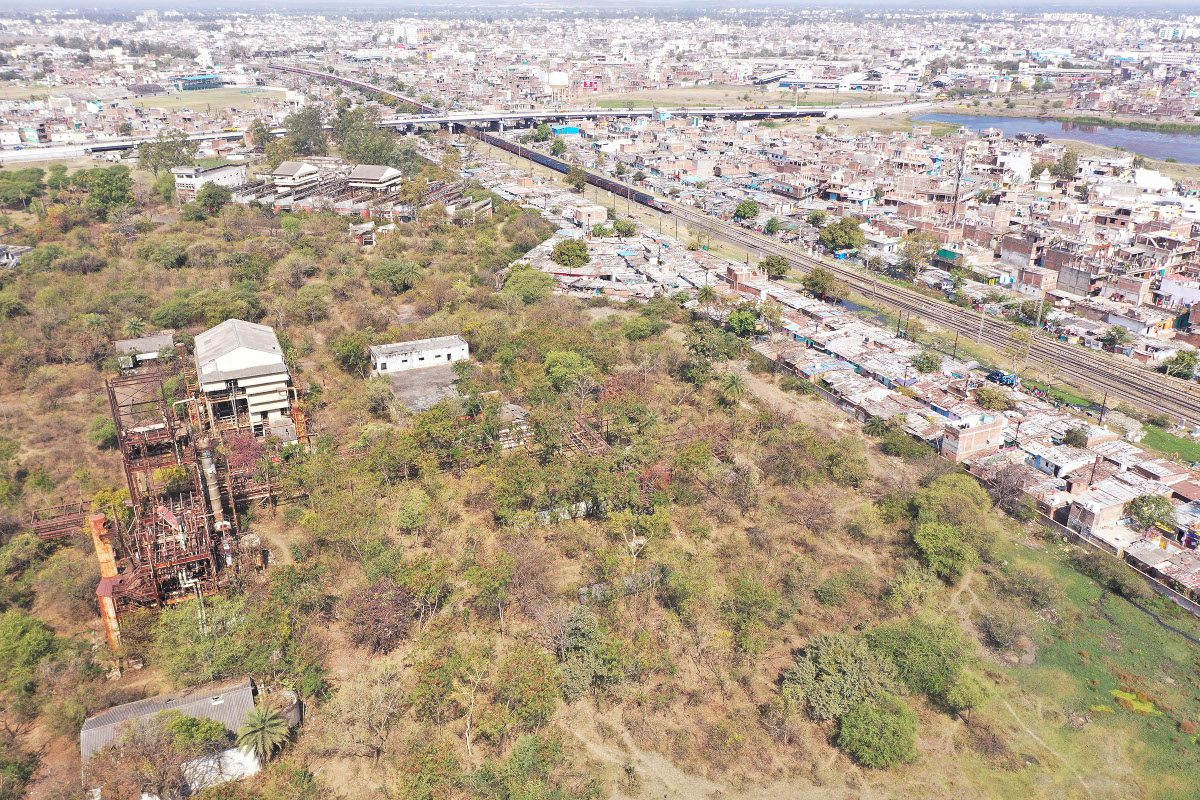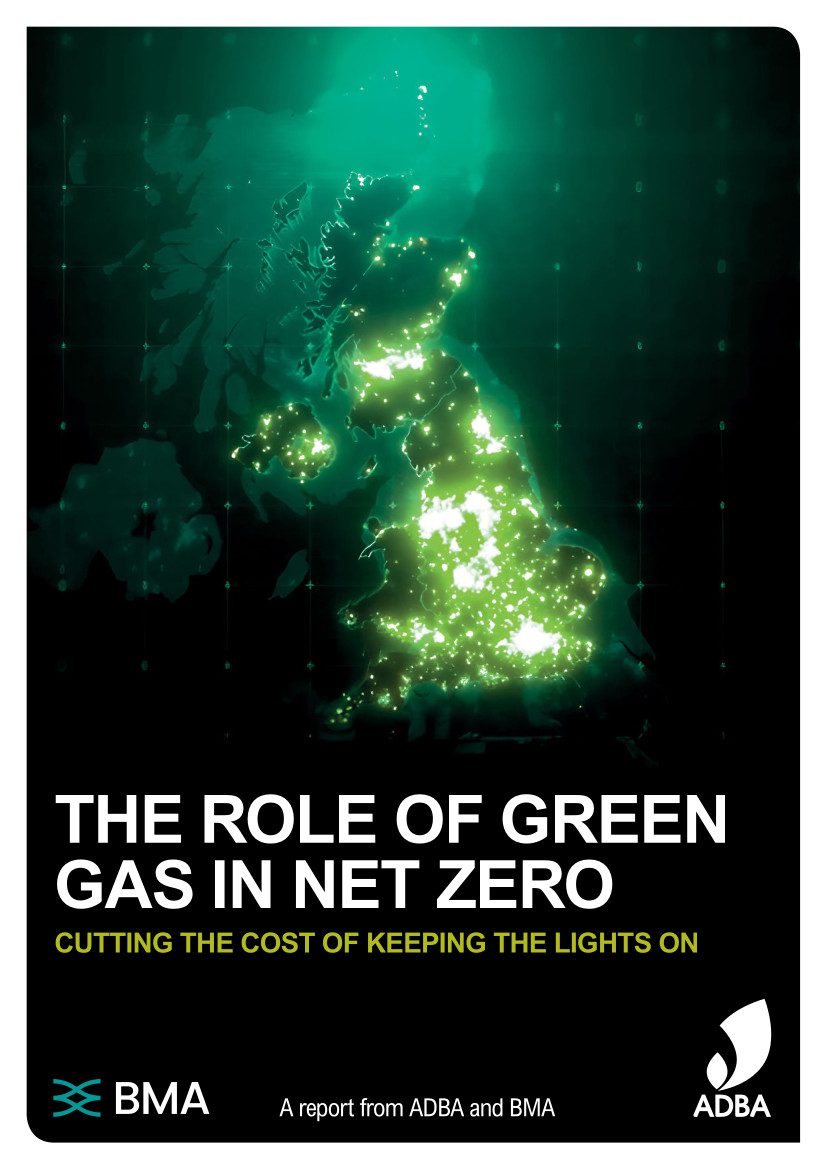
The cost of meeting Britain’s net zero targets in 2050 could be nearly £300 billion less than official projections, according to new analysis drawing on the computer model used by Whitehall.
The savings over the period to 2050 – equivalent to £415 for every household every year – would come about from a greater use of home-grown renewable green gas in the energy mix.
Green gas could also save £22 billion in capital and operating costs in just the next six years in meeting the Government’s goal of a clean power system by 2030 – £133 a year for each British household.
The analysis draws on the AI-assisted whole energy system model used by the UK’s Department of Energy Security and Net Zero (DESNZ) and the National Energy System Operator (NESO).
Green gas is made from rotting organic matter – food waste collected from homes and supermarkets, farm manures and slurries, industrial waste like whisky mash, rotational energy crops, and wastewater sewage sludge.
The use of green gas – biogas and biomethane – has not been analysed in the official computer modelling studies commissioned by civil servants despite its rapid growth in the United States and mainland Europe.
The analysis conducted by BMA (Business Modelling Applications) using its AI-assisted DecisioTM whole energy planning system was commissioned by the UK’s green gas association, the Anaerobic Digestion and Bioresources Association (ADBA).
The study compared the National Energy System Operator’s (NESO) 2024 Pathways to Net Zero with a projection that allows green gas to replace more costly parts of the transition to net zero.
Green gas saves money by keeping our lights and heaters on when there is little wind and no sun, economising on much bigger investments in intermittent renewables that are otherwise needed to ensure security of supply.
The study projects a £36 billion saving in offshore wind investment (an 18 per cent reduction) and £10.5 billion in onshore wind investment (a 36 per cent reduction). Smaller savings in nuclear power stations, transmission investment, and hydrogen production have also been identified.
The net overall saving from using more green gas in the transition to Net Zero is assessed at £298 billion, or nearly 7.5 per cent.
Like the official forecasts, the study foresees that the economy is likely to be far more electric than today, but it finds cheaper ways of maintaining resilient power with green gas back-up.
Biomethane is a good substitute for fossil gas and is easy to store both in the existing gas grid and in storage facilities like the old Rough gas wells in the North Sea. It can also be converted into hydrogen cheaply with low conversion losses, unlike the process of making hydrogen from electricity.
“Biomethane is the big green battery that can keep us warm and well-lit in dark winters more cheaply than other identified pathways to net zero” said Chris Huhne, the chairman of ADBA. “This study is a wake-up call to look at more cost-effective options for net zero”.
Dr Gareth Mottram, ADBA’s policy lead, said: “This analysis shows the value of biomethane as a turn-on, turn-off energy source that can significantly cut the costs of operating the whole energy system. Biomethane is the perfect complement to intermittent renewables like solar and wind.”
READ THE FULL ANALYSIS REPORT




